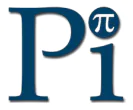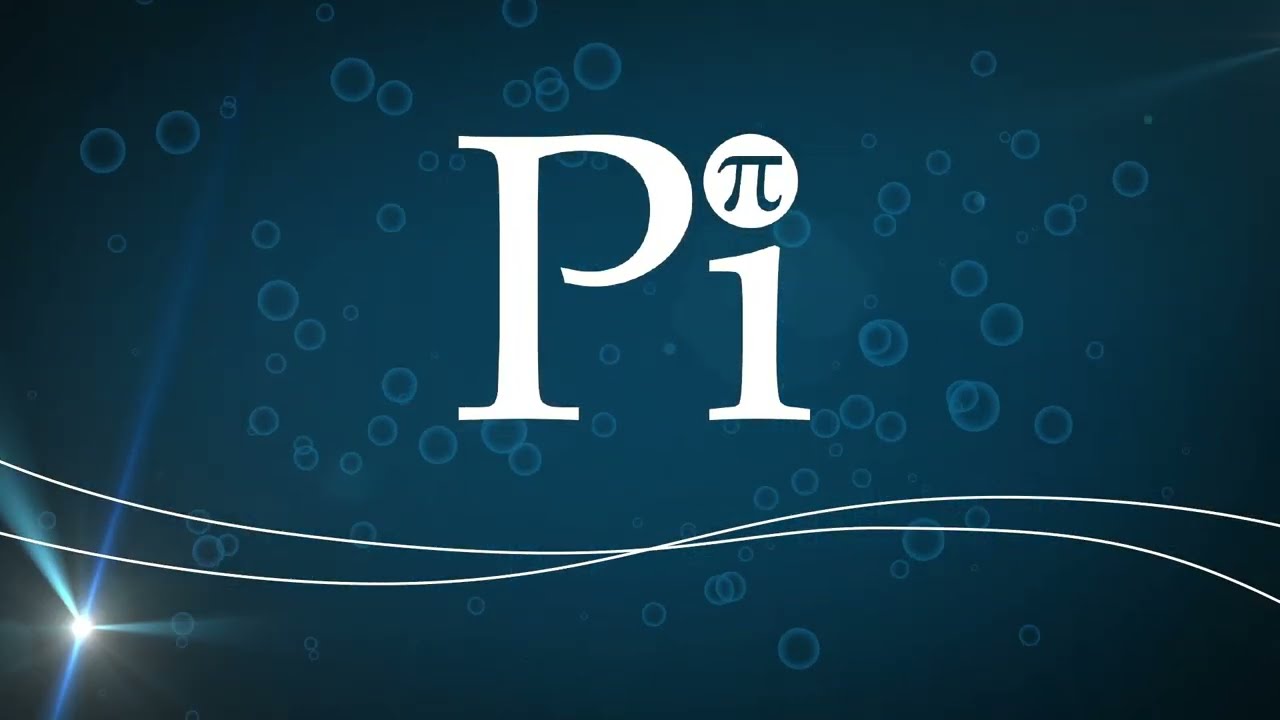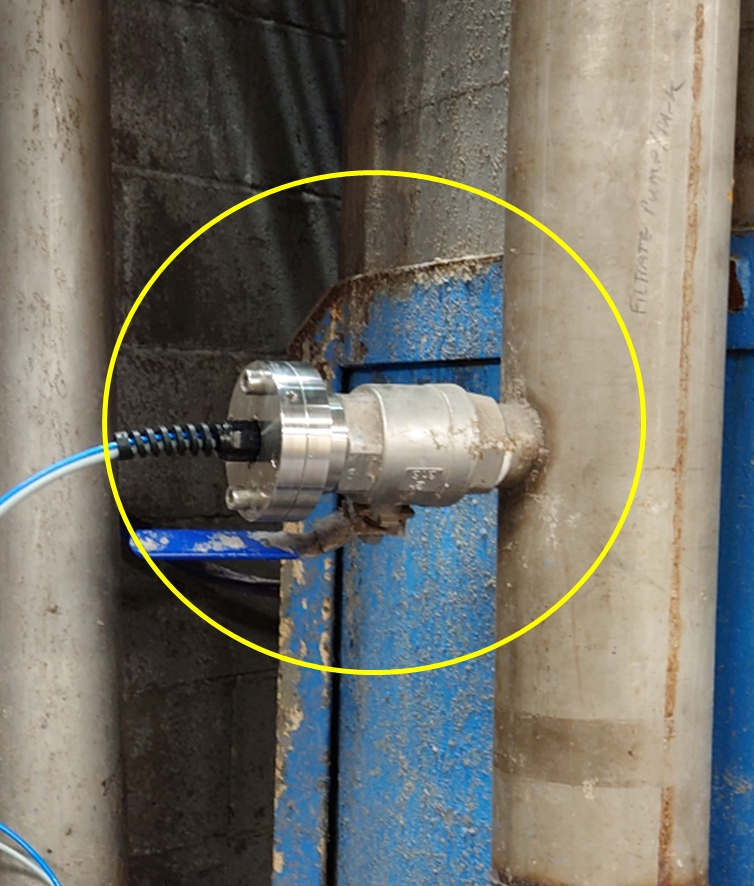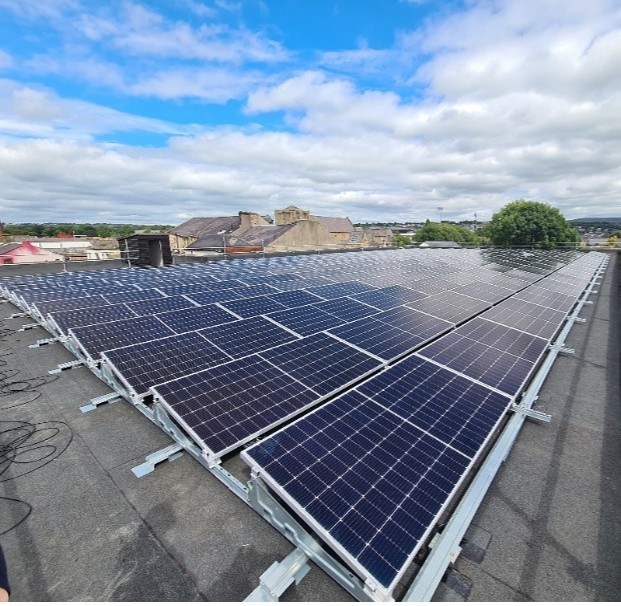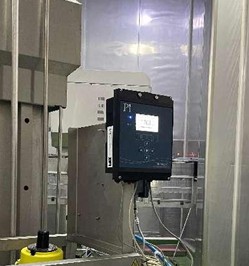Instrument Controllers: AI or Good Quality Data?
The Water Control Room Forum (W-CRF) is a smaller interest group within the Sensors for Water Interest Group (SWIG). SWIG is a UK based networking group for professionals in the water and sensor industry. It provides a community where sensor manufacturers, end-users, distributors and researchers can exchange information and discuss new advancements, requirements and potential setbacks in the water industry.
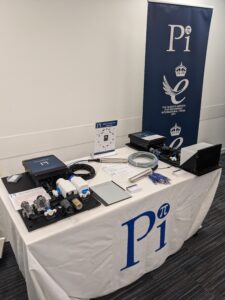
W-CRF hold two meetings every year. In November 2024, Pi’s Sales Director Dr Rob Paramore attended the final meeting of the year. The topic of discussion was the use of artificial intelligence (AI) within the water industry, specifically targeted at municipal water companies. AI is currently gaining popularity and is being incorporated into many industries, with the aim of using it to predict patterns and prevent problems before they happen.
 Most municipal water companies have large control rooms that manage large amounts of data, which can be difficult to analyse. One of the ideas discussed during the conference was using AI to analyse these large data sets. In this scenario, arguably, the analysis would be quicker than current methods, but the AI program could also be used to identify and store data trends/patterns. So ideally, as the incoming data is processed and analysed in real time using AI, the emerging patterns are identified and if intervention is potentially required, the operators would be alerted. This would help to avoid issues before they occur, ultimately improving process uptime, maintaining customer satisfaction and saving plant owners money.
Most municipal water companies have large control rooms that manage large amounts of data, which can be difficult to analyse. One of the ideas discussed during the conference was using AI to analyse these large data sets. In this scenario, arguably, the analysis would be quicker than current methods, but the AI program could also be used to identify and store data trends/patterns. So ideally, as the incoming data is processed and analysed in real time using AI, the emerging patterns are identified and if intervention is potentially required, the operators would be alerted. This would help to avoid issues before they occur, ultimately improving process uptime, maintaining customer satisfaction and saving plant owners money.
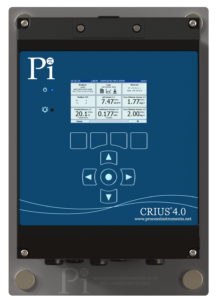
However, we have all heard the adage ‘garbage in, garbage out’. As a manufacturer of water quality analysers and sensors, Pi’s main concern is the quality of the data being analysed. Expert AI analysis is almost useless if the data being analysed is inaccurate and unreliable.
Rob showcased the CRIUS®4.0 and CRONOS®, Pi’s water quality controllers. They are instrument controllers that allow users to measure, control and monitor various parameters over a wide range of applications. These multi-sensor, multi-channel, multi-parameter analysers can greatly reduce the cost per point of any measurand including (but not limited to) pH, residual chlorine, ORP, alkalinity, dissolved air flotation (DAF), chlorine dioxide, dissolved oxygen and turbidity measurements without sacrificing the quality of those measurements.
Amongst others some of the key benefits of Pi’s CRIUS®4.0 controller are:
- 4-20mA output and relays
- multiple digital communication options
- space for up to 16 sensors
- wireless and wired internet access
- remote access (data can be accessed anywhere in the world)
- full PID capability with remote setpoint, i.e. another device can set the setpoint
In many applications, Pi’s CRIUS®4.0 and CRONOS® controllers act as a ‘mini’ PLC, providing a cheaper and more user-friendly option, without compromising the quality of the data obtained. Users can choose from a pre-configured model or opt for a ‘build your own’ bespoke system. To get in touch for more information about Pi’s instrument controllers, please click here.

